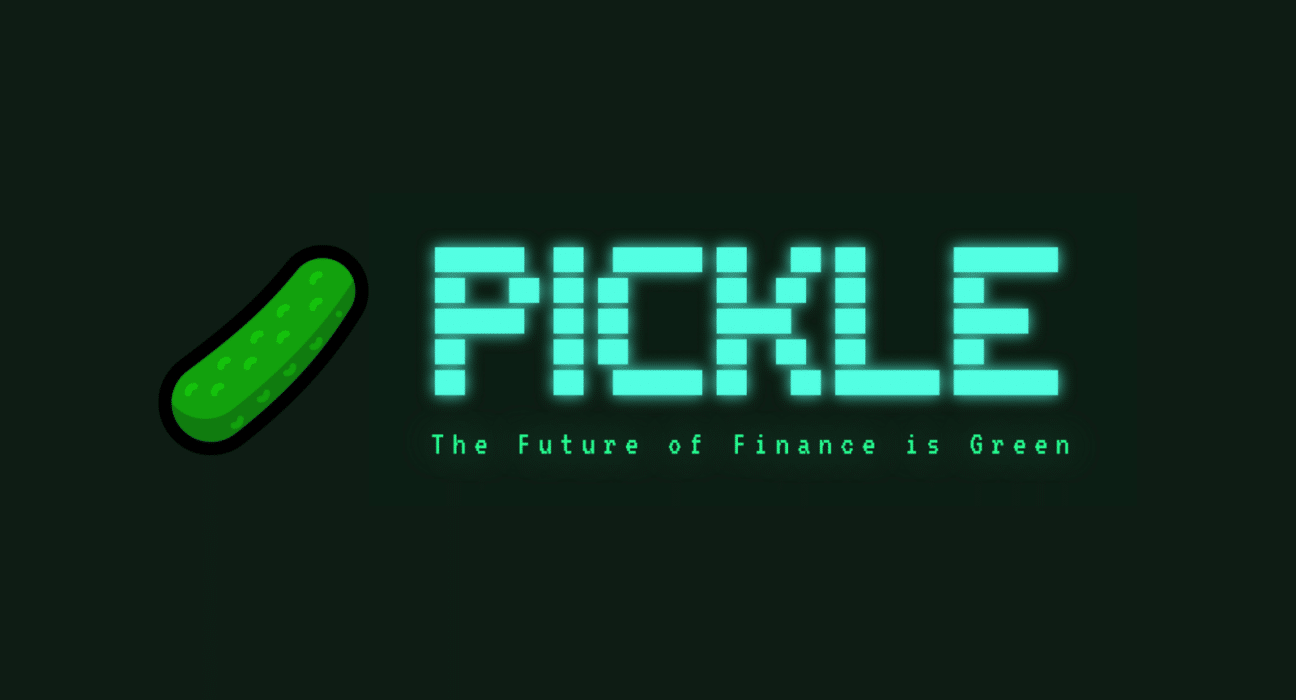Pickle Finance Loses $20 Million in Flash Loan Exploit
In another blow to the decentralized finance (DeFi) space, Pickle Finance lost approximately $20 million in DAI due to a flash loan exploit targeting its DAI “Pickle Jars.” The attack, which unfolded over the weekend, adds to a growing list of DeFi exploits, highlighting ongoing vulnerabilities in the rapidly evolving sector.
What Happened to Pickle Finance?
Pickle Finance, a DeFi protocol designed to optimize stablecoin yields, was targeted in a malicious attack that drained its DAI Pickle Jar strategy of approximately $20 million. The protocol announced that it was investigating the incident and urged users to unstake their tokens and withdraw funds from affected Jars.
Nick Sawinyh, a DeFi researcher, shared a simplified diagram explaining the attack. The hacker allegedly deployed a malicious Pickle Jar to siphon funds from legitimate pools, exploiting vulnerabilities in the protocol’s code.
Flash Loan Exploits: A Recurring Threat
This incident is the latest in a series of flash loan exploits, following similar attacks on Origin Protocol’s OUSD and Harvest Finance. Flash loans, while a legitimate DeFi innovation, have become a tool for hackers to execute sophisticated attacks by exploiting vulnerabilities in protocol logic.
Pickle Finance: A Brief Overview
Pickle Finance was launched in mid-September with a mission to bring stablecoins like USDT, DAI, USDC, and sUSD closer to their peg values. The protocol incentivized users to balance stablecoin prices by adjusting PICKLE token rewards based on whether a stablecoin was trading above or below its peg.
Key features included:
- Pickle Jars (pJars): Yield farming pools designed to generate high returns for stablecoin holders.
- Incentive Mechanisms: Adjusted PICKLE token distributions to encourage arbitrage opportunities for pegged stablecoins.
These mechanics, combined with triple-digit yields, attracted significant interest from yield farmers, but also exposed the protocol to vulnerabilities.
The Fallout and User Impact
Following the attack, Pickle Finance advised users to:
- Unstake Tokens: Users were urged to withdraw their funds from the protocol’s Jars.
- Exercise Caution: Pending further updates, users are encouraged to remain vigilant about their funds.
At the time of writing, Pickle Finance has yet to provide a detailed post-mortem of the attack, leaving affected users in limbo.
Audits and Trust in DeFi
Pickle Finance had undergone two independent audits, but these assessments failed to prevent the exploit. This incident underscores a critical issue in DeFi: audits alone are not a guarantee of security.
Anthony Pompliano, co-founder of Morgan Creek Digital and a prominent Bitcoin advocate, was quick to criticize the incident, drawing attention to the inherent risks of unaudited or inadequately secured protocols.
A Worrying Trend for DeFi
The Pickle Finance exploit is a stark reminder of the challenges facing DeFi:
- Complex Codebases: Many protocols feature intricate smart contract systems that are difficult to secure.
- Attractive Targets: High yields and large pools of locked funds make DeFi platforms prime targets for hackers.
- User Trust: Repeated exploits erode user confidence, making it harder for new protocols to gain traction.
Conclusion
The $20 million exploit on Pickle Finance highlights both the potential and perils of decentralized finance. While the protocol’s innovative approach to stablecoin arbitrage attracted users and capital, it also exposed vulnerabilities that hackers were quick to exploit.
As DeFi continues to evolve, the industry must prioritize robust security practices, thorough audits, and community transparency to mitigate risks and protect users. For now, Pickle Finance users and the broader DeFi community await updates on recovery efforts and the lessons learned from this incident.
To learn more about the innovative startups shaping the future of the crypto industry, explore our article on the latest news, where we delve into the most promising ventures and their potential to disrupt traditional industries.
Disclaimer: The information provided is not trading advice, Bitcoinworld.co.in holds no liability for any investments made based on the information provided on this page. We strongly recommend independent research and/or consultation with a qualified professional before making any investment decisions.




